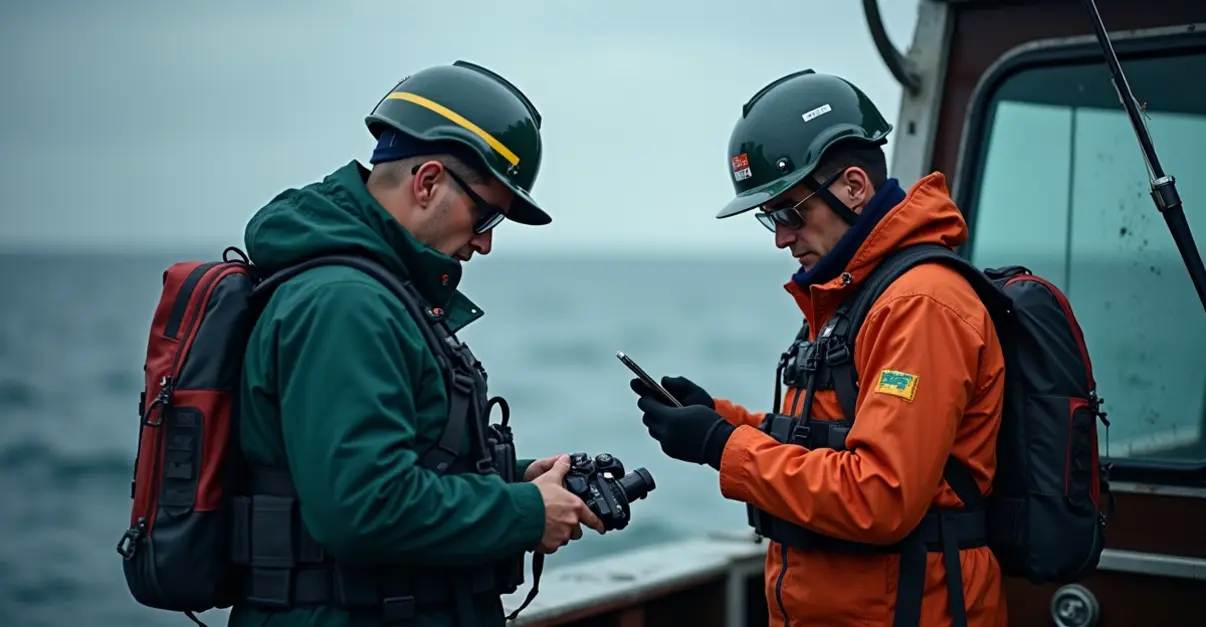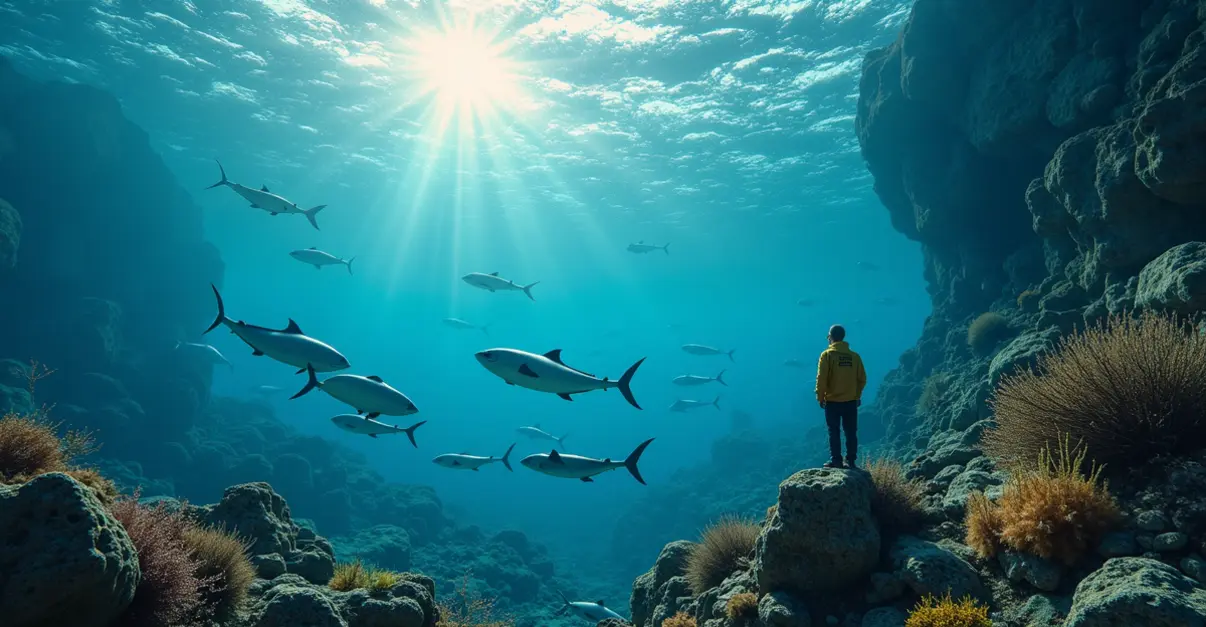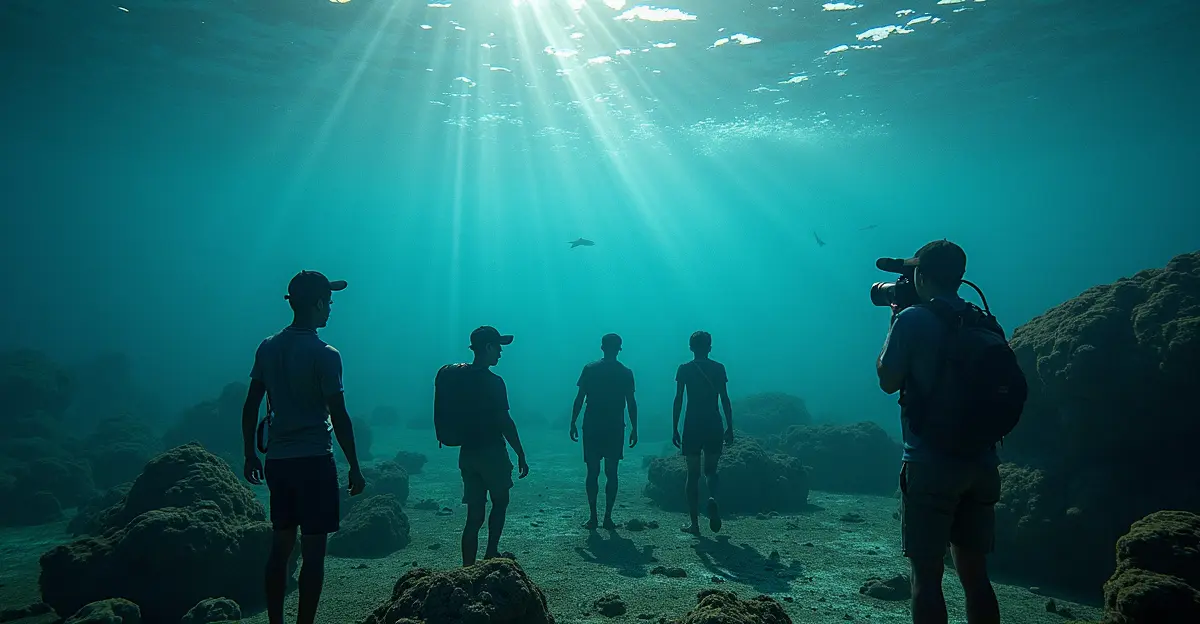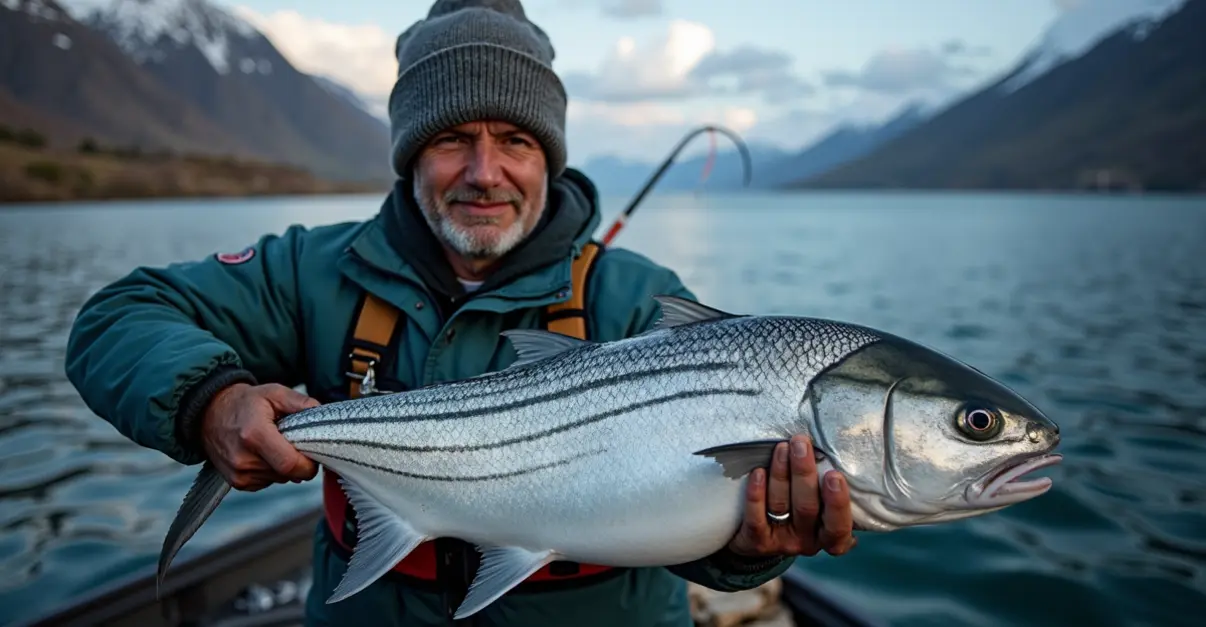New International Agreement Strengthens Fight Against Illegal Fishing
A landmark global fishing agreement has been reached that significantly strengthens enforcement mechanisms against illegal, unreported and unregulated (IUU) fishing worldwide. The agreement, finalized in early 2025, represents the most comprehensive international effort to date to combat a problem that costs the global economy an estimated $23 billion annually according to UN Food and Agriculture Organization data.
Advanced Monitoring Technologies Take Center Stage
The agreement mandates widespread implementation of vessel monitoring systems (VMS) and satellite tracking technologies across all commercial fishing fleets. 'This represents a quantum leap in our ability to monitor fishing activities in real-time,' says Dr. Maria Rodriguez, a marine policy expert at the Ocean Conservation Institute. 'For the first time, we'll have comprehensive data on vessel movements across international waters.'
The Vessel Monitoring System (VMS) operated by NOAA Fisheries, which currently tracks over 4,000 commercial fishing vessels with near-perfect accuracy, serves as a model for the global initiative. The system uses satellite communications from onboard transceiver units that send hourly position reports including vessel identification, time, date, and location.
Enhanced Legal Framework and Enforcement Actions
The agreement establishes a robust legal framework that includes mandatory vessel blacklisting, increased Coast Guard inspections at sea, and sanctions against vessel owners involved in illegal harvesting. 'We're moving from reactive enforcement to proactive prevention,' explains Captain James Wilson of the International Maritime Enforcement Division. 'The combination of advanced technology and stronger legal tools gives us unprecedented capability to protect marine resources.'
The legislation builds upon recent initiatives like the FISH Act introduced in the U.S. Congress, which specifically targets IUU fishing as both a commercial threat and national security concern. The bipartisan effort has gained support from fishing industry representatives and conservation groups alike.
Satellite Technology and Artificial Intelligence Integration
Recent breakthroughs in satellite surveillance and artificial intelligence are playing a crucial role in the enforcement strategy. A groundbreaking 2025 study using satellite technology and AI revealed that marine protected areas with complete fishing bans are largely successful at preventing illegal fishing, with only about 5 fishing vessels per 100,000 square kilometers compared to 42 vessels in unprotected areas.
'The integration of synthetic aperture radar technology means we can detect vessels even when they turn off their tracking systems,' notes Dr. Sarah Chen, lead researcher on the satellite monitoring project. 'This eliminates the primary evasion tactic used by illegal operators.'
Global Cooperation and Economic Impacts
The agreement represents unprecedented international cooperation, with participation from over 80 countries representing the world's major fishing nations. The economic implications are significant - IUU fishing has been particularly devastating for developing nations in Africa, Asia, and Latin America, where it causes job losses, food insecurity, and unfair competition for legitimate fishers.
'This agreement levels the playing field for honest fishermen who follow the rules,' says Indonesian fishing industry representative Ahmad Hassan. 'For too long, illegal operators have undermined our livelihoods and threatened marine ecosystems.'
The enforcement measures include provisions for real-time data sharing between nations, standardized reporting requirements, and coordinated patrol operations in high-risk areas. The agreement also addresses the critical issue of transshipment at sea, which has been a major loophole in previous enforcement efforts.
Environmental Protection and Sustainable Fisheries
Beyond economic considerations, the strengthened enforcement framework aims to protect marine biodiversity and ensure sustainable fisheries management. Illegal fishing methods often damage sensitive marine habitats, including coral reefs and seabed ecosystems. The agreement includes specific protections for vulnerable marine areas and establishes clear guidelines for bycatch reduction.
'We're not just protecting fish stocks - we're protecting entire marine ecosystems,' emphasizes marine biologist Dr. Elena Martinez. 'The ripple effects of effective enforcement will benefit coastal communities and marine life for generations to come.'
The implementation timeline calls for full deployment of monitoring systems within two years, with interim reporting requirements beginning immediately. International observers will monitor compliance, and regular assessments will measure the agreement's effectiveness in reducing IUU fishing activities worldwide.

 Nederlands
Nederlands
 English
English
 Deutsch
Deutsch
 Français
Français
 Español
Español
 Português
Português










